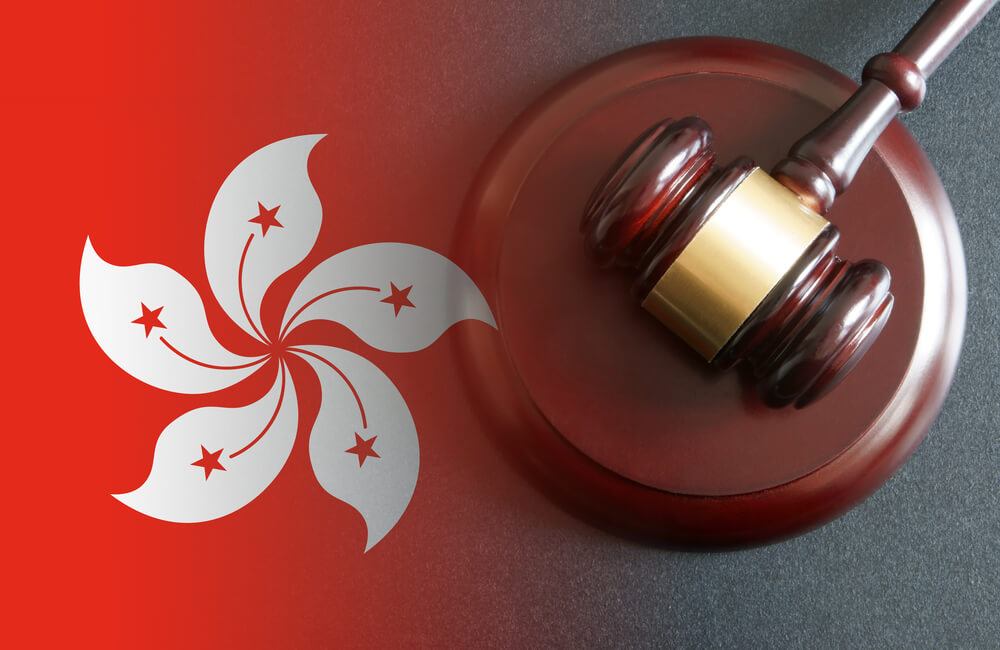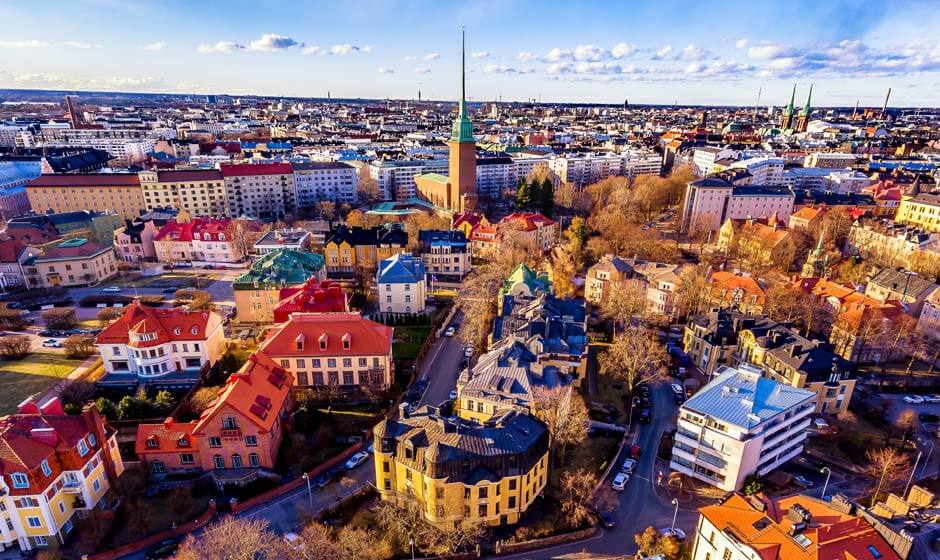China and Vietnam Finally Ban Wildlife Trade Due to Coronavirus
Foreword
The brightest positive aspect of the coronavirus epidemic, which originated from the “raw market” in Wuhan, where animals were sold under poor conditions, including their use in cooking, is the trade ban of China and Vietnam. It concerns the sale of wildlife that is consumed for food.
Most killings of rare, endangered species (rhinoceros, elephant, etc.) are related to the high popularity of the meals and the preparation of ‘homeopathic’ treatments in these two countries. Such trades led to the outbreak of SARS earlier in the year 2002, which supposedly originated from a small civet mammal, as well as diseases such as swine flu and other epidemics.
Preemptive Measures
At the end of this year, China is going to ratify the ban on the consumption of “land-based wildlife of significant environmental, scientific, and social importance”.
Animal rights defenders in Vietnam sent a letter to the Prime Minister encouraging the adoption of a trade ban on wild animals used for food. They believe this step will help prevent a situation similar to that of COVID-19 in the future. The appeal was signed by the heads of Pan Nature, Animals Asia Foundation, TRAFFIC, World Wildlife Fund (WWF), Vietnam Wildlife Save, and Wildlife Conservation Society.
“As the epicenter of the COVID-19 outbreak, China has already taken some important steps to reduce the future risk of zoonotic disease outbreaks by temporarily closing all markets for wildlife trade. “To ensure national, economic security, and public health, we ask the Government of Vietnam to take strong, sustainable measures to introduce a trade ban and strictly regulate the consumption of wildlife in the country. The animal protectors stress: “Restricting the interaction between wildlife and humans through drastic measures against illicit trading is the most effective way to reduce the future risk of epidemics.”
Government’s Response
In early March, Prime Minister Phuc instructed the Ministry of Agriculture and Rural Development (MARD) to formulate directives prohibiting trade and wildlife consumption. These legislative acts are to be submitted to the government for consideration no later than April 1st of this year.
We remind you that despite the fact that only 75 confirmed cases of COVID-19 were registered in Vietnam, the economic effect for the state was highly tangible.
The manager of ROAR Africa, Deborah Calmeyer, is excited about the possible prospect of reducing the trade of wild animals. In her opinion, even those people who accept the consumption of animals in exotic cuisine will now be very careful about such gourmet delicacies, for their own safety. In addition, there is an ever-increasing number of educated people who refuse such delicacies for their own sake. Deborah also hopes that this situation will encourage world leaders to impose sanctions on states that have not taken any steps to ban the trade of wildlife.


